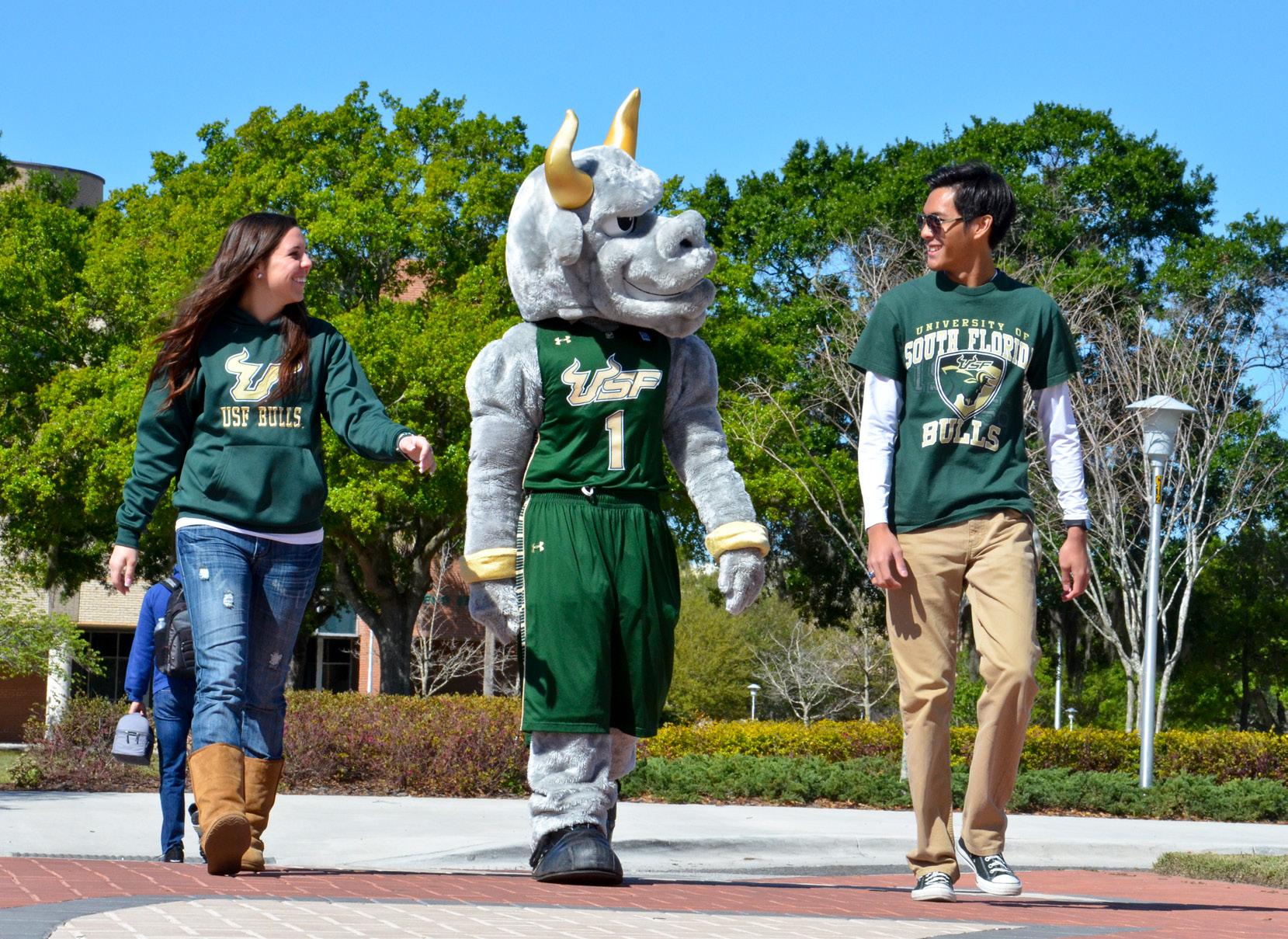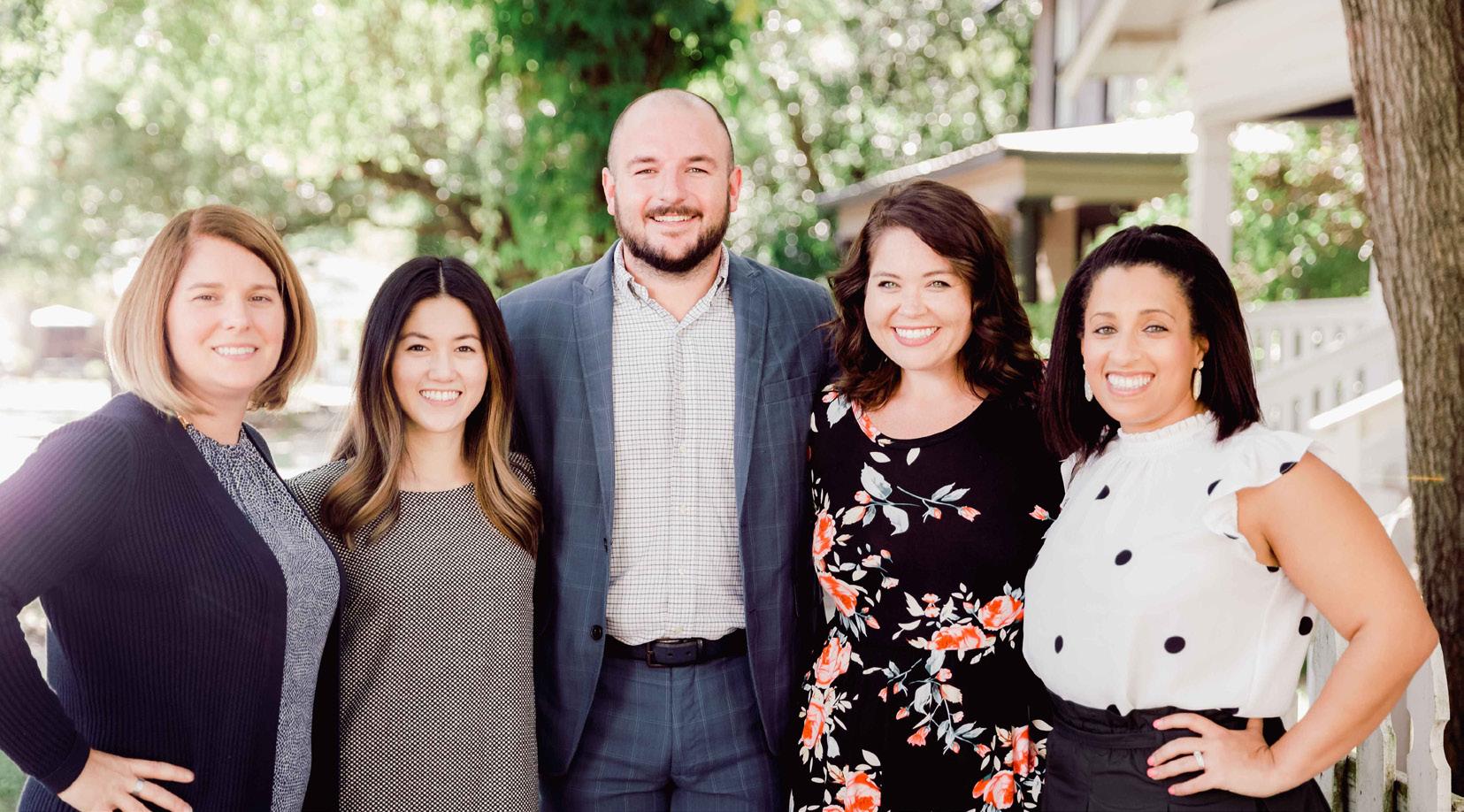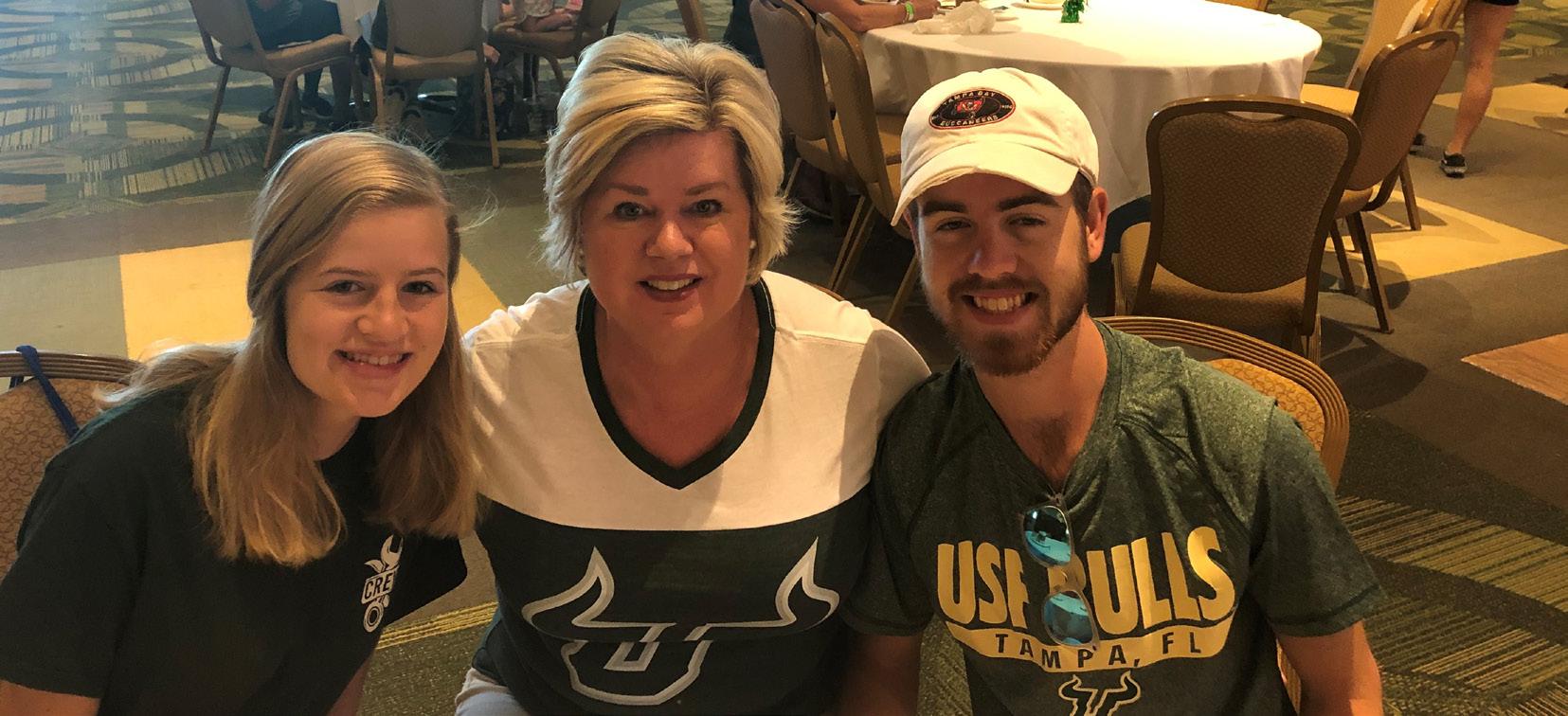
2 minute read
Community Expectations
USF is a learning community designed to foster collaboration, open communication, mutual respect, and inclusiveness among students, faculty, and staff as they engage in the education process.
As members of this community, all students are entitled to certain rights and privileges. In order to protect these rights and privileges, there are guidelines for conduct that are intended to facilitate the desired environment and educational goals of the university and its students. It is important each student becomes familiar with the rights and responsibilities afforded to them at this university. The following provides an overview of important policies relating to our community expectations. We encourage you to talk with your student about these expectations.
Code of Conduct The Student Code of Conduct is a document that describes prohibited behavior that is counteractive to the goals and mission of USF and how the university will hold Students and Student Organizations accountable. Students are responsible for knowing the information, policies, and procedures outlined in the Student Code of Conduct. Students and Student Organizations are responsible for their guest’s compliance as well. Students are encouraged to check regulationspolicies. usf.edu for the most updated versions of all policies and regulations.
Hazing USF prohibits any form of hazing of its students, including hazing by students or other persons associated with any student organization or group, at any time and at any location. Hazing can be extremely detrimental to a community. It is important to know the policies and laws regarding hazing, the resources available to create organizations and teams that have strong community without hazing, and how to report actions that could violate these policies and cause harm to our community. For more, visit usf. edu/student-affairs/dean-of-students/ policies/student-conduct-policies.aspx.
Alcohol and Drugs As an open, public university, USF does not prohibit the legal consumption of alcohol on its campuses. However, behaviors and practices regarding the use of alcohol and drugs must comply with local, state, and federal laws and regulations. The intent of this policy is to establish guidelines and procedures for the legal and responsible use of alcohol. For more information and resources regarding USF alcohol and drug policies, visit usf.edu/student-affairs/ wellbeing/health-topics/alcohol-andother-drugs.aspx.
Family Conversation Starters:
“What are your personal boundaries and values?”
Starting this conversation with your student is helpful in empowering them to align their behaviors with their beliefs, as well as communicating boundaries with others.
Discuss various scenarios regarding alcohol, drugs, and decision-making with your student so they can begin deciding what their approach to these situations could be. Scenarios could include their personal use and limits, a roommate or friend’s use, or situations where they may observe someone in danger.
Medical Amnesty Policy USF encourages students to make responsible decisions in seeking medical attention in serious or life-threatening situations that result from alcohol and/ or other drug use or misuse. Students can report alcohol-related emergencies without fear of university-imposed disciplinary consequences. For more, visit usf.edu/ student-affairs/dean-of-students/ policies/student-conduct-policies.aspx.
Responsible Computing Students are responsible for being aware of the policies regarding appropriate computer use on the USF network, including wireless connections and virtual private networks (VPN). Students should also be aware of the applicable local, state, and federal laws regarding responsible computer usage, including copyright laws. Copyright law protects the rights of creators of several different types of materials, including movies, music, television, and published works, including textbooks. Downloading materials through peer-to-peer (P2P) software or other means for the purpose of obtaining copyright-protected materials is prohibited. For more, visit usf.edu/it/ documentation/acceptable-use-policy.aspx.










